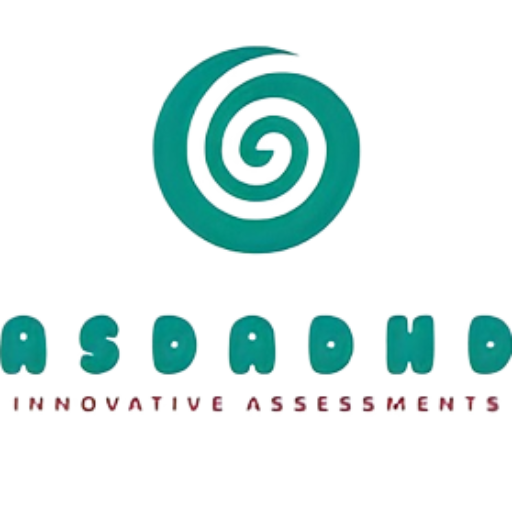4 Jul, 2023 | anishdr | No Comments
Overcoming Challenges: Strategies for Success
Effective Time Management Techniques for Teenagers with ADHD
Time management can be particularly challenging for teenagers with ADHD due to difficulties with organization, prioritization, and staying on track. However, implementing effective time management techniques can greatly enhance their productivity and success. Here are some strategies specifically tailored for teenagers with ADHD:
Use visual aids: Utilize calendars, planners, or digital tools to visually represent tasks, deadlines, and appointments. Color-coding and setting reminders can help enhance organization and time awareness.
Break tasks into smaller steps: Large tasks can feel overwhelming, leading to procrastination. Breaking them down into smaller, more manageable steps helps maintain focus and motivation. Celebrate small achievements along the way to stay motivated.
Set clear goals and deadlines: Establishing specific, achievable goals with realistic deadlines provides structure and helps maintain focus. Encourage teenagers to prioritize tasks based on importance and urgency.
Utilize timers and alarms: Time can easily slip away for individuals with ADHD. Setting alarms or timers can serve as reminders and help maintain focus and accountability during tasks.
Establish routines: Creating consistent routines and schedules can help teenagers with ADHD establish a sense of structure and reduce the cognitive load associated with decision-making. Encourage regular study, sleep, and meal times.
Minimize distractions: Identify and minimize potential distractions during study or work sessions. Create a quiet, organized workspace and use tools like noise-cancelling headphones or website blockers to reduce distractions.
Remember, finding the right time management techniques may require some trial and error. It is essential to provide support, guidance, and patience as teenagers explore strategies that work best for them.
Building Focus and Attention Skills: Tips and Tricks
Maintaining focus and attention is a common struggle for teenagers with ADHD. However, several tips and tricks can help them enhance their focus and improve their attention span. Here are some strategies to consider:
Break tasks into shorter intervals: Rather than attempting to focus for long periods, encourage teenagers to work in shorter bursts with regular breaks. The Pomodoro Technique, where work sessions are divided into 25-minute intervals with short breaks, can be particularly effective.
Use multi-sensory approaches: Engaging multiple senses can enhance focus and retention. Encourage teenagers to use visual aids, listen to instrumental music, or incorporate movement into their study routine.
Create a structured environment: Minimize external distractions and create a calm, organized workspace. Clearing clutter, establishing consistent routines, and reducing sensory overload can help improve focus.
Practice mindfulness and relaxation techniques: Mindfulness exercises, such as deep breathing or meditation, can improve focus and reduce anxiety. Encourage teenagers to incorporate these techniques into their daily routine.
Prioritize engaging activities: Teenagers with ADHD often thrive in activities that capture their interest. Encourage them to explore subjects or hobbies they are passionate about, as this can naturally enhance focus and motivation.
Seek support and accountability: Working with a mentor, tutor, or study group can provide structure, support, and accountability. Collaborating with others can also help maintain focus and provide opportunities for discussion and clarification.
Developing Coping Mechanisms and Emotional Well-being
Living with ADHD can be emotionally challenging for teenagers. They may experience frustration, low self-esteem, anxiety, or difficulty managing their emotions. Developing coping mechanisms and prioritizing emotional well-being is crucial for their overall success and happiness. Here are some strategies to support teenagers with ADHD:
Encourage self-care practices: Promote healthy habits, such as regular exercise, sufficient sleep, and a balanced diet. Physical well-being positively impacts emotional well-being and cognitive function.
Foster open communication: Create a safe and supportive environment for teenagers to express their feelings and concerns. Encourage open communication with trusted adults, friends, or support groups.
Teach stress management techniques: Help teenagers identify stress triggers and provide them with effective stress management techniques. Deep breathing exercises, journaling, or engaging in hobbies can help reduce stress levels.
Celebrate strengths and accomplishments: Focus on highlighting strengths and celebrating achievements, no matter how small. Positive reinforcement boosts self-esteem and motivation.
Develop problem-solving skills: Teach teenagers effective problem-solving techniques, such as breaking down problems into smaller parts, brainstorming solutions, and evaluating potential outcomes. Empower them to find solutions to challenges they encounter.
Consider professional support: If emotional challenges persist or significantly impact daily life, consider seeking professional support from therapists or counselors who specialize in ADHD or adolescent mental health.
By implementing these strategies, teenagers with ADHD can develop effective coping mechanisms, enhance their emotional well-being, and overcome challenges that may arise. Remember, each individual is unique, and it is important to personalize these strategies to meet their specific needs and strengths.

Write Reviews
Leave a Comment
No Comments & Reviews